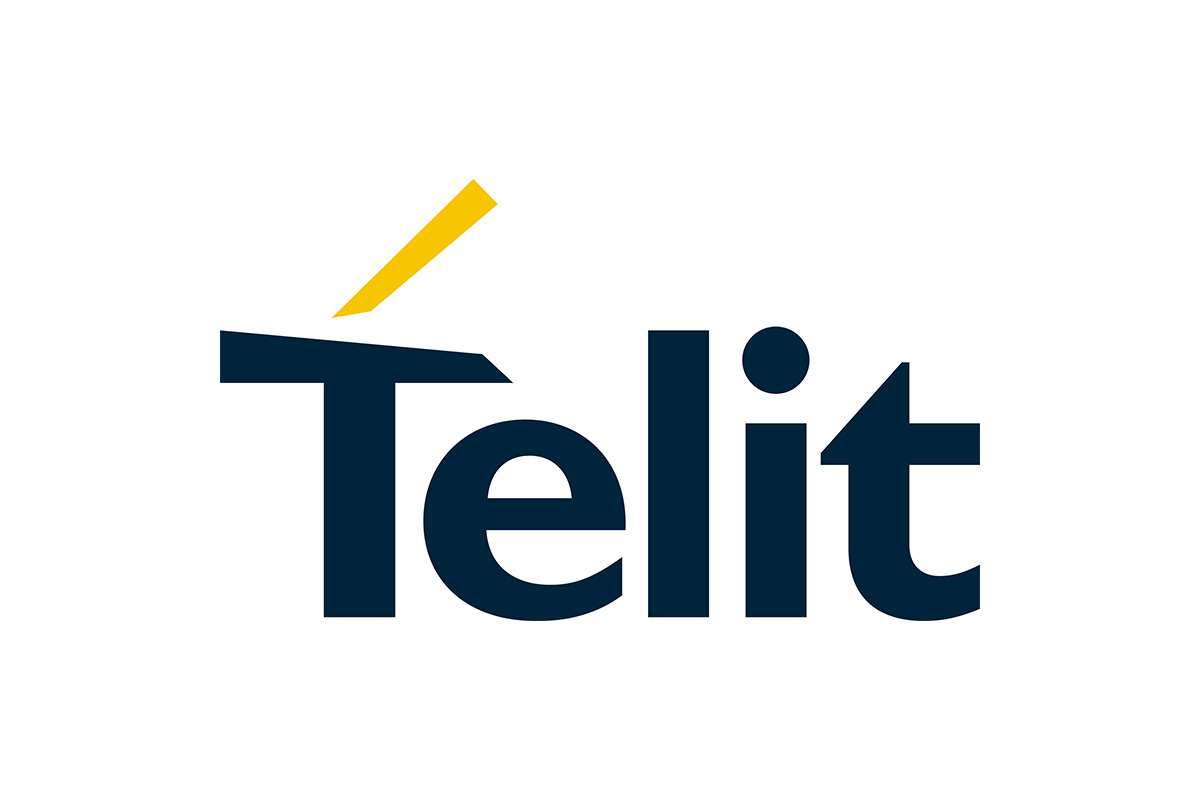Telit, a global leader in the Internet of Things (IoT), and Thales (Euronext Paris: HO), a global leader in Aerospace, Defense, Security & Digital Identity, today jointly announced they have entered into an agreement under which Telit intends to acquire Thales’ cellular IoT products. The intended transaction includes Thales’ portfolio of cellular wireless communication modules, gateways, and data (modem) cards, ranging from 4G LTE, LPWAN to 5G.
The intended transaction establishes California-based Telit Cinterion, as a leading Western provider of IoT solutions, expanding the company’s presence in growing industrial IoT segments and end markets including payment systems, energy, e-health, and security. It also enhances the company’s ability to respond more expertly to growing demand for cybersecure IoT solutions in modules and cellular connectivity, thanks to leading technologies from Thales.
Paolo Dal Pino, Telit’s CEO, remarked: “Innovation, scale and efficient IoT solutions are key for success. This transaction with Thales is arguably the most impactful one for Telit competitiveness. While it will boost our ability to address customer needs more precisely from a richer portfolio, it will also enable us to deliver all new offerings derived from the experience, expertise, and the DNA of two companies that have made security and quality part of their brand promise from the very beginning.”
Philippe Vallée, Thales’s EVP Digital Identity and Security, added: “The Thales and Telit combination brings together complementary strengths. The business will provide a unique value proposition in a highly competitive global IoT market and will allow Thales to focus its investments on its three core activities in aerospace, defence and security and digital identity and security. The new combination will rely on a unique set of expertise brought by Thales and Telit employees. It will also benefit from leveraging both companies’ strong and complementary product portfolio and Thales’s experience in cellular connectivity.”
Thales’ cellular IoT module business, with approximately 550 employees across 23 countries, services many of the world’s top brands. It generated sales of more than €300 million in 2021. With the transaction expected to close in Q4 2022, subject to entering a binding share transfer agreement, regulatory approvals and other customary closing conditions, Thales becomes a shareholder in Telit Cinterion, controlled by asset manager DBAY Advisors and led by Telit CEO Paolo Dal Pino.
Thales’ cellular IoT products business and Telit’s customers and partners will continue to receive the outstanding supply, support, and service to which they have been accustomed. All relevant parties will receive regular updates throughout the transaction, upon closing and ensuing integration periods.
To sharpen focus on Industrial IoT, Telit Cinterion plans to spin off and manage separately the automotive IoT unit after closing.
Deutsche Bank acted as exclusive financial advisor to Thales, and Rothschild & Co as exclusive financial advisor to Telit, DBAY Advisors.



